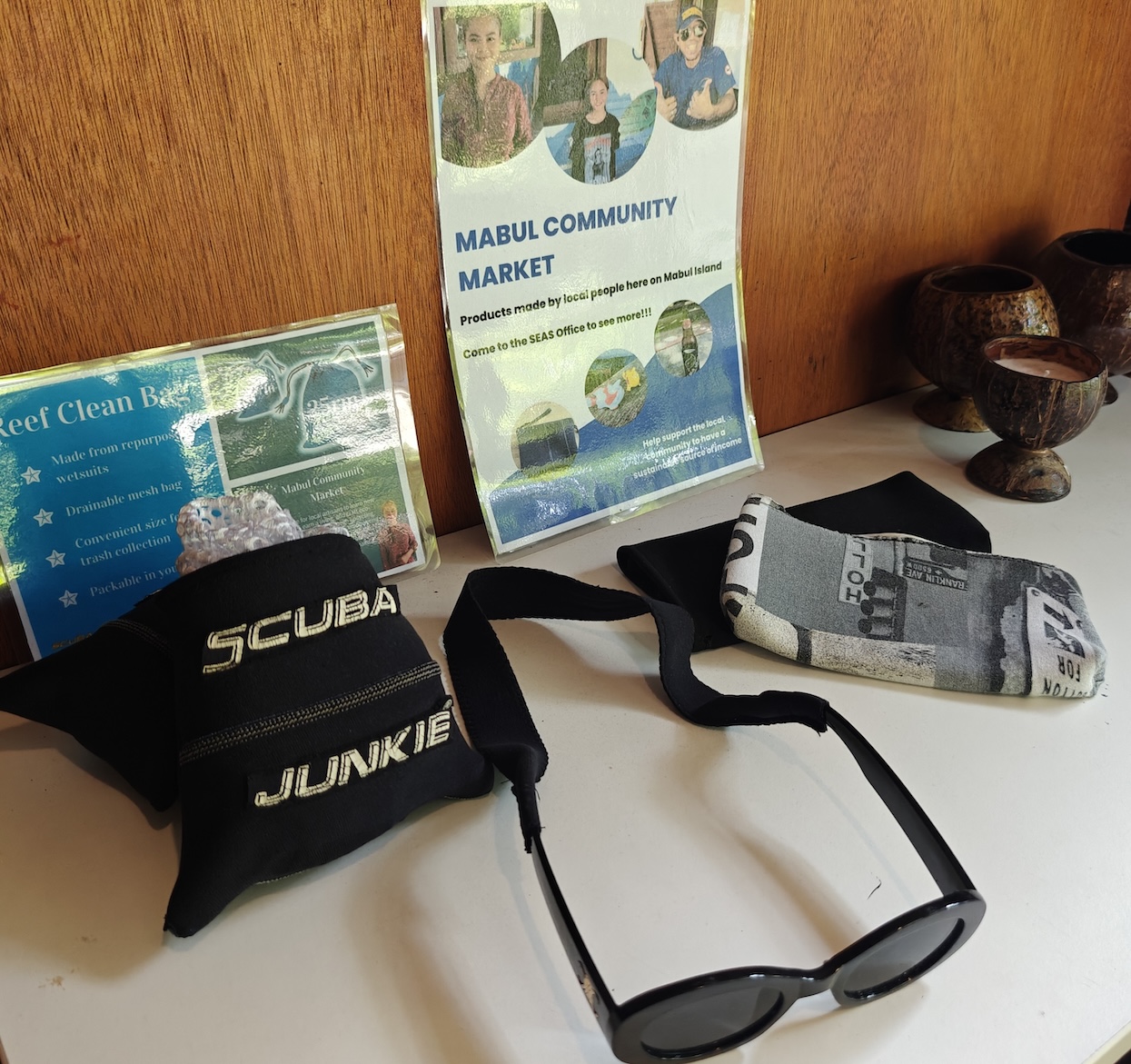Menu
It is estimated that 280 million tonnes of plastic is produced around the globe annually. Of this, an estimated 8 million tonnes ends up in our oceans with 80% coming from land-based sources as a result of poor waste management. This has major impacts on wildlife, habitats, human health and the economy. An estimated 100,000 marine mammals and 1 million seabirds die every year as a result of plastic ingestion and entanglement. Plastics are consumed by marine life before making their way up the food chain and back to people who eat seafood. It is estimated that plastic pollution causes US$13 billion worth of damage annually.
Prevention is better than cure! Clean-ups help today, but they don’t tackle the root cause of the problem. If we hope to get to a point where we no longer need to do clean-ups then we must cut non-essential plastics out of our lives – single-use plastic bags, water bottles, straws, sachets, etc. As an organisation we try to lead by example and encourage others to do the same. For example, we have purchased and distributed reusable shopping bags, tupperware containers and water bottles to the local staff at Scuba Junkie’s Mabul Beach Resort.
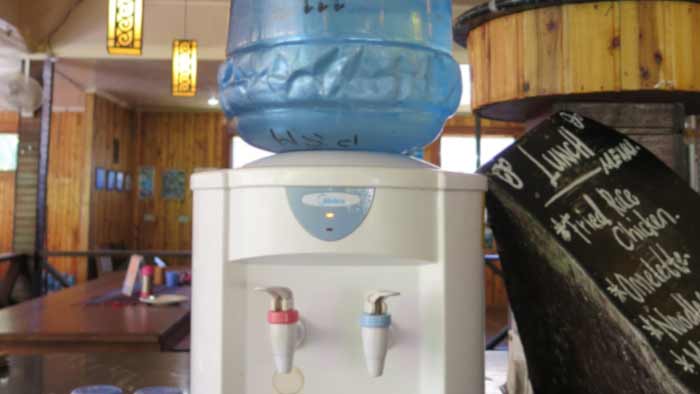
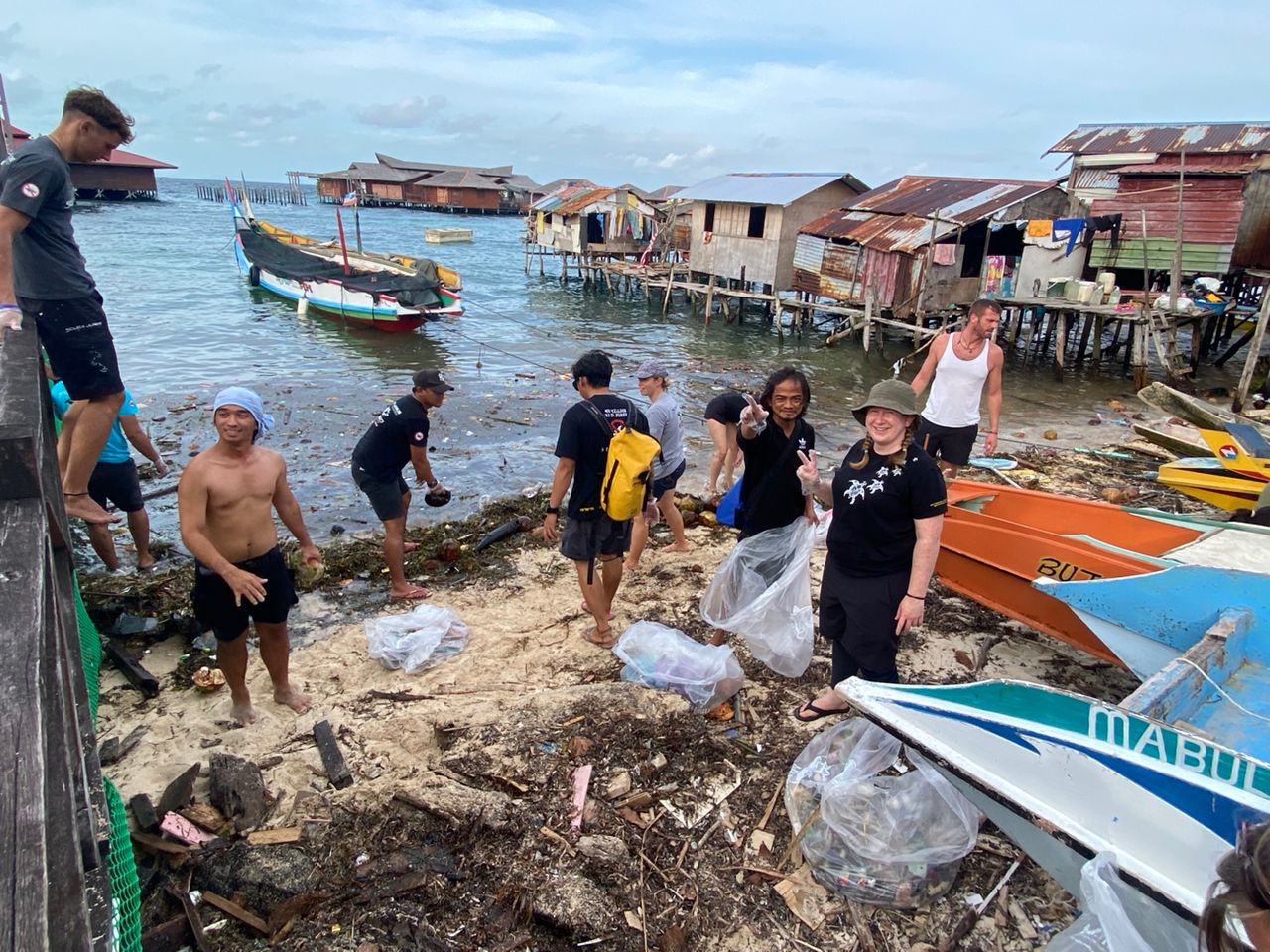
Every Saturday is dedicated to removing trash from our beaches. The trash is analysed and the data submitted to global databases such as the Ocean Conservancy’s Clean Swell app. We also organise extra clean-up days throughout the year of both the beach and reef in support of international efforts, such as International Coastal Clean-up Day. If you happen to be on Mabul during one of our clean-up days, be sure to come and give us a hand – the more people that help, the more trash we can remove – together we are stronger!
We have a Sponsor a reef/beach clean initiative that offers tourists the opportunity to fund a future clean-up. The money raised helps to cover the costs of purchasing clean-up supplies, such as biodegradable bags, gloves, rakes and fuel for transporting the trash back to the mainland. In return, donors will receive a pdf certificate providing details of where and when the clean-up took place and some photos from the clean-up.
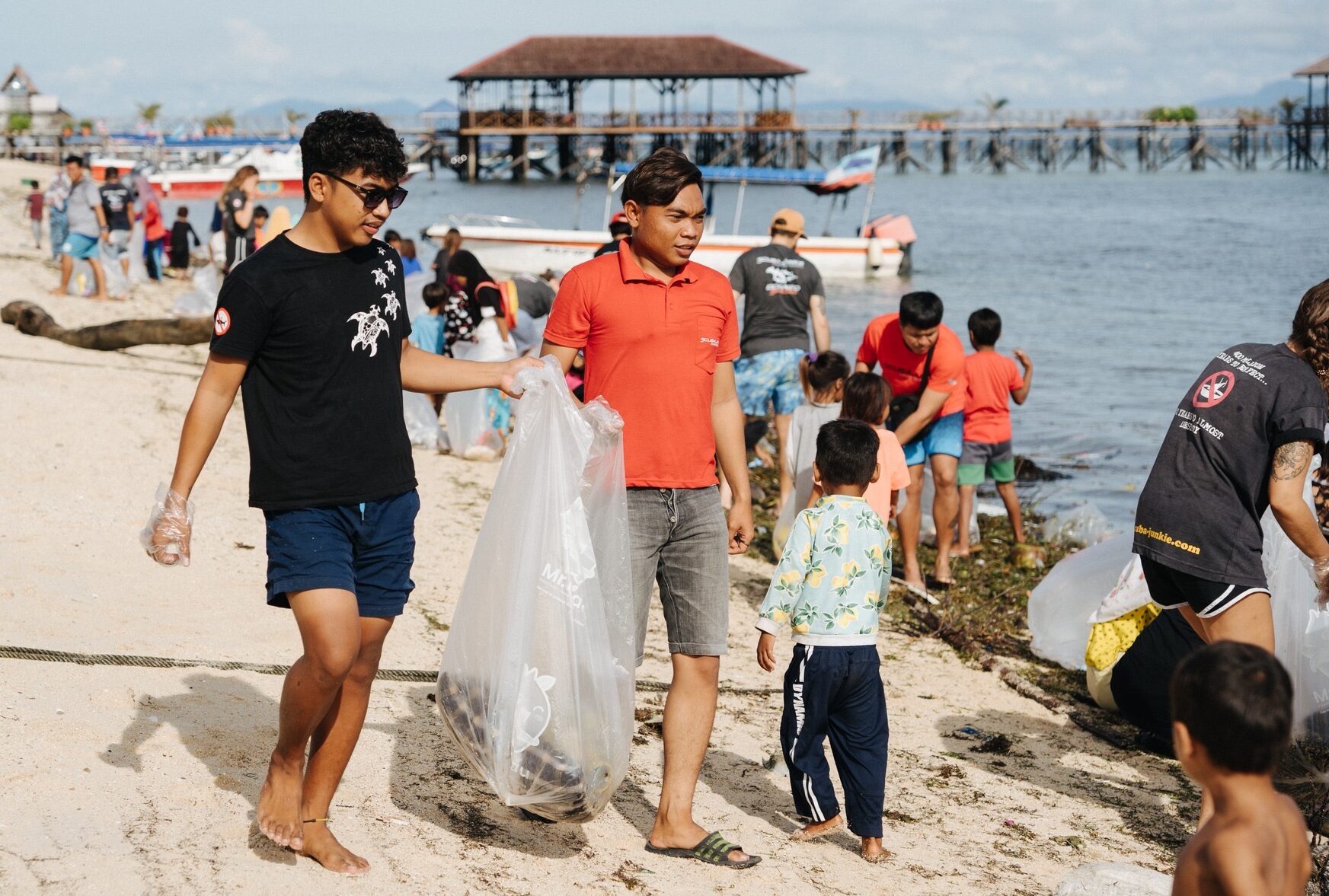
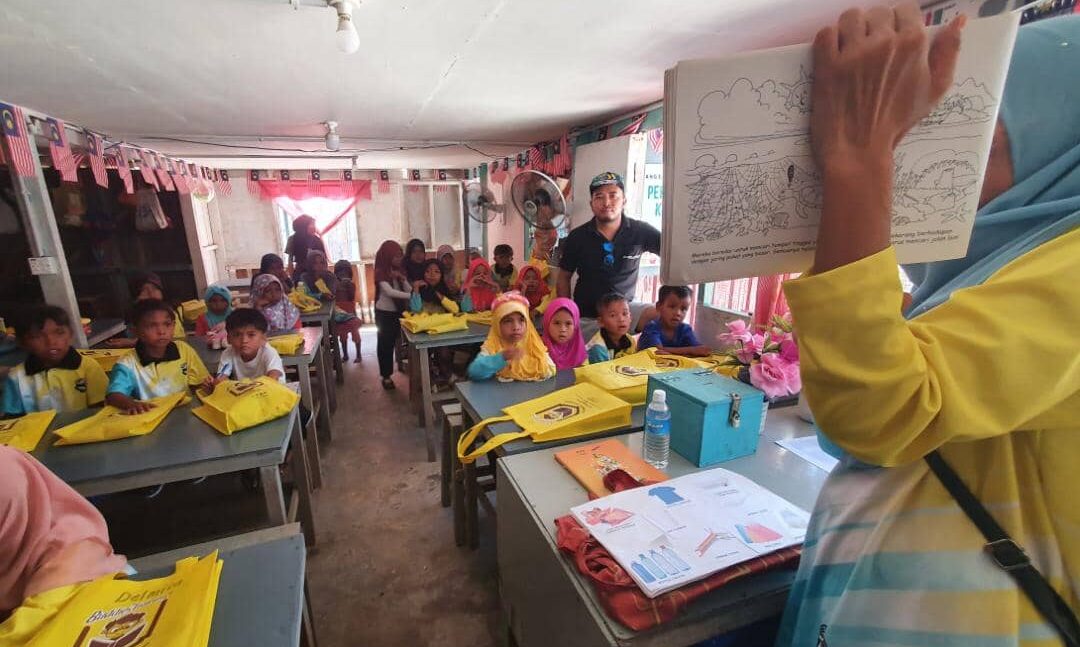
A key part of our programme to tackle marine debris is engaging with the local community and encouraging everyone to take responsibility for tackling the issue – ‘My Island, My Home’. We run regular outreach programmes aimed at raising awareness and developing alternatives. For example, aluminium cans are already collected for recycling on the island as the community can get money for them. We are in the planning stages of establishing a similar situation for some plastics. We also fully support the Chief Minister’s ‘Sabah Bebas Sampah’ campaign.
In Semporna rubbish is either incinerated or sent to landfill. Instead of sending all the rubbish we collect back to Semporna, we try to upcycle where possible. We have produced upcycled shopping bags from t-shirts, toiletry/stationery holders and bins from plastic bottles and flower vases and drinking glasses from beer/wine bottles.
